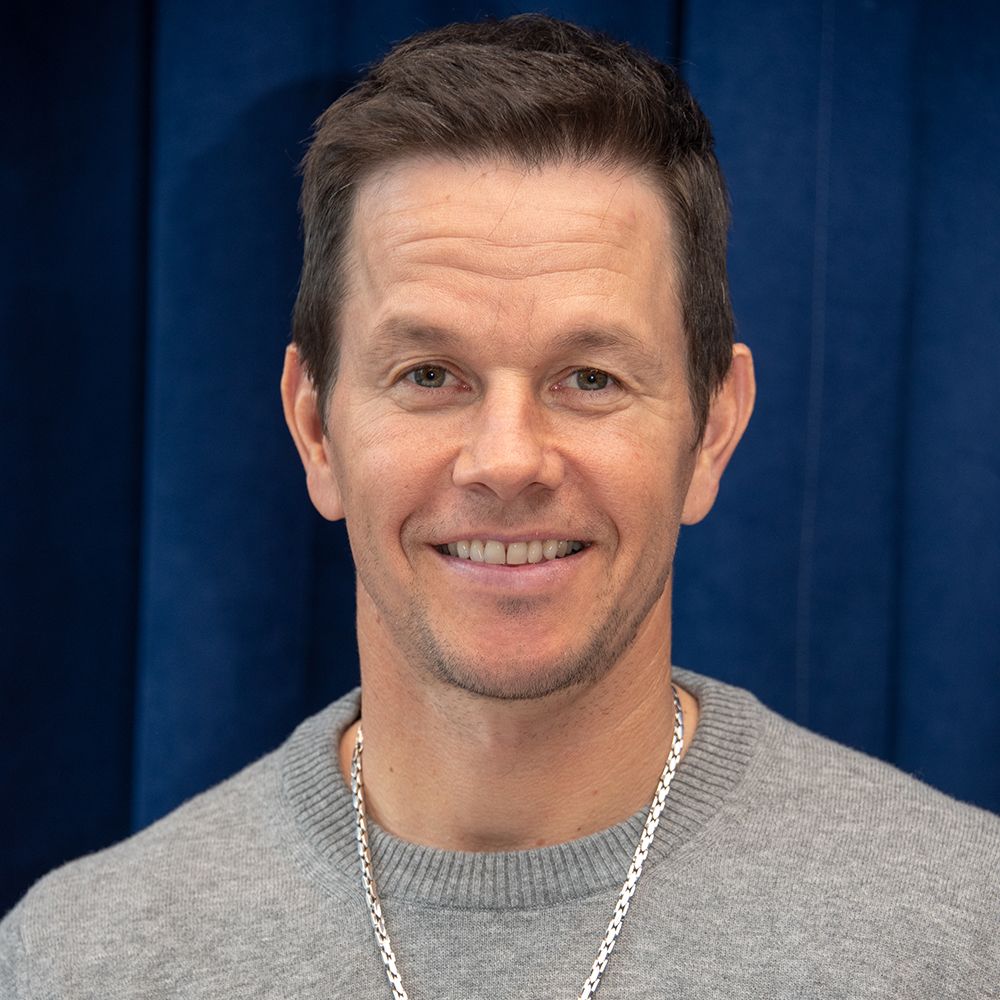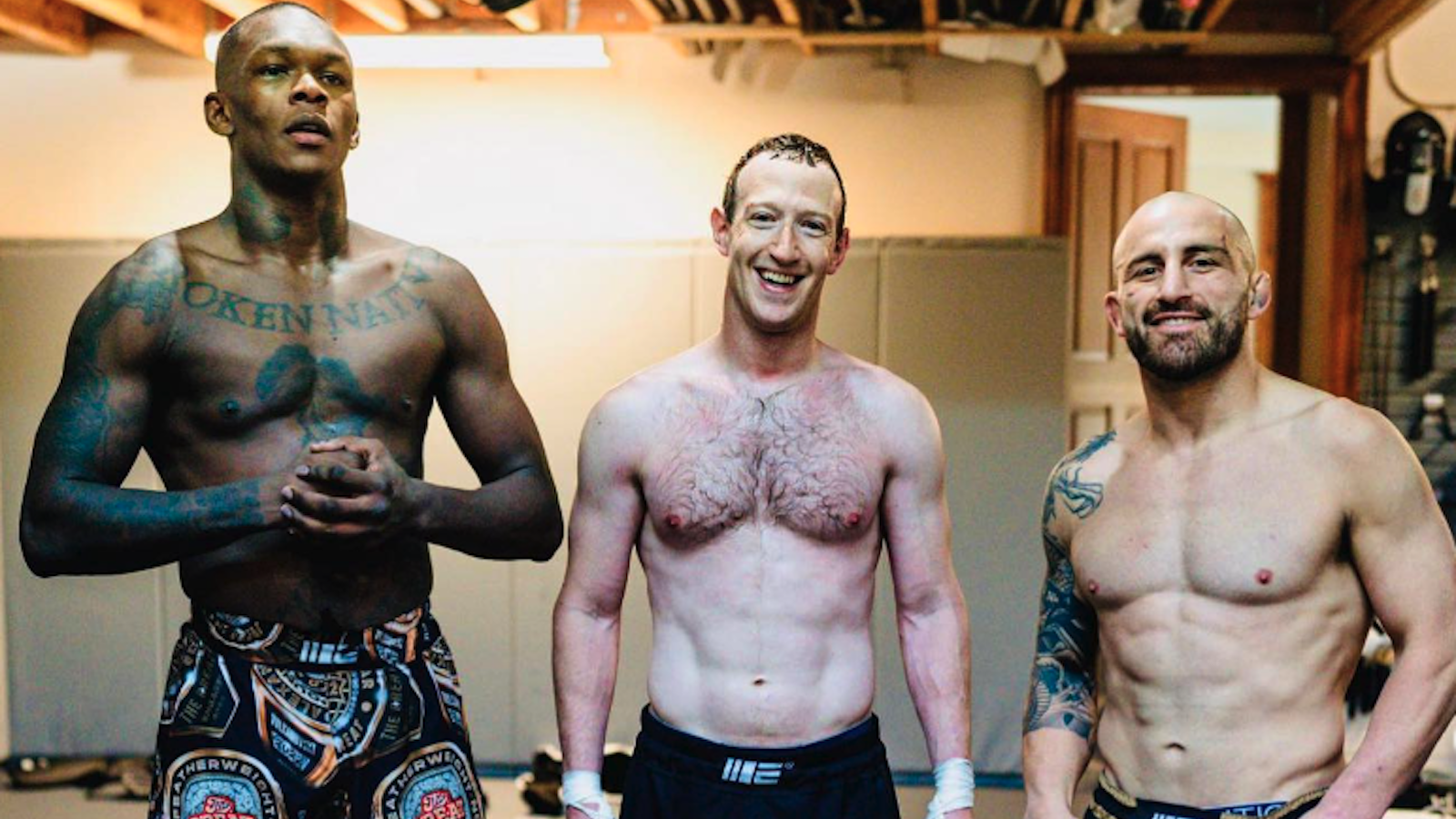Mark Webber: Unveiling The Actor's Depth & Cinematic Journey
In the vast and often ephemeral landscape of Hollywood, where careers can soar and fade with equal rapidity, certain artists manage to carve out a distinctive niche, leaving an indelible mark. One such individual is Mark Webber, an actor, writer, and director whose career trajectory defies easy categorization. Known for his compelling performances in independent cinema and his foray into thoughtful filmmaking, Webber has quietly built a body of work that speaks to authenticity, vulnerability, and the complexities of the human condition. This article delves into the multifaceted career of Mark Webber, exploring his evolution as an artist and the unique contributions he has made to contemporary cinema.
From his early roles as a fresh face in the industry to his current status as a respected indie auteur, Mark Webber's journey is a testament to perseverance and artistic integrity. His commitment to projects that resonate deeply, often exploring themes of love, loss, and personal struggle, has garnered him a dedicated following and critical acclaim. Through a blend of raw talent and a keen directorial eye, Webber continues to shape narratives that challenge, provoke, and ultimately, entertain.
Table of Contents
- The Name "Mark": A Legacy Beyond the Lens
- From Humble Beginnings to Hollywood's Horizon (Biography)
- Personal Data: Mark Webber
- The Actor's Craft: Navigating Roles and Rejection
- Early Trials and Breakthroughs
- Embracing Complexity: Signature Performances
- Stepping Behind the Camera: Mark Webber as Director
- The Public Gaze: Scrutiny, Fandom, and Reporting
- The Art of Storytelling: A Modern Messenger
- Beyond the Screen: Personal Life and Advocacy
- Mark Webber's Enduring Impact and Future Trajectory
- Conclusion: The Unfolding Narrative of a Versatile Artist
The Name "Mark": A Legacy Beyond the Lens
The name "Mark" itself carries a weight of history and significance, echoing through centuries and cultures. It is a name rooted in ancient texts and profound narratives, often associated with beginnings and revelations. For instance, in biblical scholarship, the Gospel of Mark commences with a powerful declaration: "The beginning of the gospel of Jesus Christ, the Son of God" (Mark 1:1). Interestingly, some ancient manuscripts of Mark 1:1 do not include the phrase "the Son of God," a detail that highlights the nuanced interpretations and textual variations inherent in historical documents, even in all English translations like the King James Version (KJV) public domain. The very words "Messiah" (Hebrew) and "Christ" (Greek) both signify "anointed one," underscoring a deep spiritual and historical context that the name "Mark" can evoke.
This historical resonance, while distinct from the contemporary figure of Mark Webber, serves as a subtle backdrop to the idea of an individual making their "mark" on the world. Just as ancient texts grapple with the essence of identity and purpose, so too does an artist like Mark Webber explore these themes through his craft. The journey of an actor, much like the unfolding of a narrative, is a continuous process of revelation, interpretation, and impact, leaving an imprint that resonates with audiences long after the credits roll.
From Humble Beginnings to Hollywood's Horizon (Biography)
Born on July 19, 1980, in Philadelphia, Pennsylvania, Mark Webber's early life was marked by unique challenges. Raised by his single mother, Cheri Honkala, a prominent advocate for the homeless, Webber was exposed to social activism and the struggles of marginalized communities from a young age. This upbringing undoubtedly instilled in him a profound sense of empathy and a desire to tell stories that matter, themes that are evident throughout his filmography. His path to acting was not conventional; he largely bypassed formal training, instead immersing himself in the craft through direct experience and observation.
Webber began his acting career in the late 1990s, quickly gaining attention for his raw, naturalistic performances. His ability to portray complex, often vulnerable characters with striking authenticity set him apart from many of his peers. He gravitated towards independent films, a choice that allowed him greater creative freedom and the opportunity to collaborate with visionary filmmakers. This early commitment to meaningful storytelling over mainstream appeal laid the groundwork for a career defined by artistic integrity and a willingness to explore challenging narratives. His journey from a childhood steeped in activism to becoming a respected figure in the independent film circuit highlights a remarkable evolution, driven by an innate passion for performance and a dedication to his craft.
Personal Data: Mark Webber
| Category | Details |
|---|---|
| Full Name | Mark Allen Webber |
| Date of Birth | July 19, 1980 |
| Place of Birth | Philadelphia, Pennsylvania, USA |
| Nationality | American |
| Occupation | Actor, Director, Screenwriter, Producer |
| Spouse(s) | Teresa Palmer (m. 2013) |
| Children | Bodhi Rain Palmer, Forest Sage Palmer, Poet Lake Palmer (with Teresa Palmer); Isaac Love Shaw (from previous relationship) |
| Years Active | 1997–present |
| Notable Works (Actor) | Snow Day (2000), Scott Pilgrim vs. the World (2010), The End of Love (2012), Laggies (2014), Green Room (2015), Don't Worry, He Won't Get Far on Foot (2018) |
| Notable Works (Director) | The End of Love (2012), The Ever After (2014), Flesh and Blood (2017), The Place of No Words (2019) |
The Actor's Craft: Navigating Roles and Rejection
The life of an actor is a continuous cycle of auditions, rejections, and the occasional triumph. For Mark Webber, this journey has been characterized by a willingness to embrace challenging roles and a steadfast commitment to authentic portrayal. The industry often tests an actor's resolve, and as in life, the Greek word for "tempted" can also mean "tested" (Mark 1:8 or in Mark 1:13), reflecting the trials and tribulations that shape an artist's career. Webber has faced these tests head-on, often choosing roles that are emotionally demanding and far from glamorous, which has solidified his reputation as a fearless performer.
His early career, like that of many talented individuals, was not without its moments of "rejection." Much like the biblical account of "Jesus rejected at Nazareth," where he then "went out from there and came to his own country, and his disciples followed him" (Mark 6:4-6), Webber experienced periods where his unique style might not have immediately resonated with mainstream casting directors. However, instead of being deterred, he forged his own path, often seeking out independent projects that allowed him to express his artistic vision. This perseverance allowed him to build a loyal following of collaborators and fans who appreciate his dedication to raw, unfiltered storytelling. He has consistently demonstrated an ability to connect with complex characters, transforming their vulnerabilities and struggles into compelling performances that resonate deeply with audiences.
Early Trials and Breakthroughs
Mark Webber's early filmography showcases a diverse range of roles, often in gritty, character-driven dramas. Films like "Snow Day" (2000) might have offered a glimpse of his potential in a more commercial setting, but it was his work in independent features that truly allowed his talent to shine. He appeared in films such as "Storytelling" (2001) and "Bomb the System" (2002), where he honed his ability to inhabit troubled or unconventional characters. These early experiences were crucial in shaping his acting philosophy, emphasizing depth and emotional truth over superficiality.
A significant turning point came with his role as Stephen Stills in Edgar Wright's cult hit "Scott Pilgrim vs. the World" (2010). While a supporting role, it exposed him to a wider audience and demonstrated his versatility beyond intense dramas. This period marked a transition, allowing him to balance his passion for independent cinema with roles in larger productions, albeit often those with a distinct artistic vision. His commitment to authenticity, even in more stylized films, remained a hallmark of his performances.
Embracing Complexity: Signature Performances
Mark Webber has a remarkable talent for portraying characters that are deeply flawed yet profoundly human. His signature performances often involve individuals grappling with internal turmoil, societal pressures, or existential crises. In films like "Laggies" (2014), he played a grounded, empathetic character, showcasing his range. However, it was his role in Jeremy Saulnier's intense thriller "Green Room" (2015) that truly highlighted his capacity for raw, visceral acting under extreme pressure. As a member of a punk band trapped in a neo-Nazi compound, Webber delivered a performance filled with palpable fear and desperate resolve, earning critical praise for his intensity.
Another standout performance came in "Don't Worry, He Won't Get Far on Foot" (2018), where he reunited with director Gus Van Sant. Playing a supportive yet complex character, Webber demonstrated his ability to blend into an ensemble while still making a significant impact. These roles exemplify his dedication to exploring the darker, more intricate aspects of human experience, often leaving audiences with a lingering sense of thought and introspection. His choices consistently reflect a desire to push boundaries and delve into the uncomfortable truths of life, making him a compelling presence on screen.
Stepping Behind the Camera: Mark Webber as Director
Beyond his prowess as an actor, Mark Webber has also established himself as a notable writer and director, a transition that many actors aspire to but few achieve with such distinct vision. His directorial debut, "The End of Love" (2012), was a deeply personal and semi-autobiographical film that premiered at the Sundance Film Festival. This marked a significant shift in his career, allowing him to take full creative control and tell stories from his unique perspective. The film explored themes of single parenthood and grief with a raw honesty that resonated with critics and audiences alike.
This move behind the camera can be seen as a metaphorical act of "teaching." Just as the biblical account notes that "when the Sabbath had come, he began to teach" (Mark 6:2), Webber, through his directorial work, began to impart his artistic vision and insights to the audience. His films are often intimate, character-driven narratives that blur the lines between fiction and reality, frequently featuring his own family members. Subsequent directorial efforts like "The Ever After" (2014), "Flesh and Blood" (2017), and "The Place of No Words" (2019) continued this exploration of personal themes, utilizing a distinct, often improvisational style. Through his directing, Mark Webber doesn't just entertain; he invites viewers into a deeply personal and often vulnerable space, offering a unique form of cinematic education on the human condition.
The Public Gaze: Scrutiny, Fandom, and Reporting
In the age of instant information and pervasive social media, public figures like Mark Webber are constantly under the watchful eye of the media and their fans. The speed at which news and opinions spread can be astounding; indeed, "then they quickly reported all these" is a sentiment that perfectly captures the contemporary media landscape. Whether it's news about a new project, a personal milestone, or a critical review, information about actors disseminates rapidly, shaping public perception and influencing careers.
Mark Webber, like any public figure, navigates a world where "they gathered in such large numbers" – referring to both enthusiastic fan bases and the collective audience for his films. The support of these large numbers is crucial for an artist's longevity. However, the public gaze also comes with its challenges. Just as "some of them were looking for a reason to accuse Jesus" (Mark 3:2), actors and directors often face intense scrutiny, criticism, and sometimes even unfair accusations from various quarters. This can come in the form of harsh reviews, tabloid speculation, or online negativity. Webber, with his independent spirit and willingness to tackle unconventional subjects, has likely encountered his share of both fervent support and critical examination, all of which are part of

Mark Zuckerberg Facts | Britannica

Mark Wahlberg

Mark Zuckerberg Shows Off Lean Physique During Mixed Martial Arts